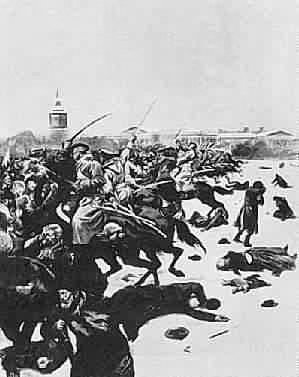In a decisive crackdown targeting illegal oil bunkering, the Nigerian Army has successfully detained 14 suspects and seized nearly 20,000 litres of illicitly obtained crude oil. This operation is part of an ongoing effort to dismantle the organized criminal networks fueling widespread oil theft-a practice that not only drains government revenue but also inflicts severe harm on fragile ecosystems. While detailed information about the mission remains confidential, military authorities stress that these arrests mark a significant milestone in a broader campaign to disrupt illegal supply chains, prevent pipeline vandalism, and restore confidence in the country’s critical energy infrastructure.
The challenge of policing the oil-abundant Niger Delta is intensified by the sophisticated methods employed by these criminal groups. They navigate the region’s narrow waterways using high-speed boats to evade naval patrols and depend heavily on extensive local informant networks to coordinate their illicit operations covertly. Addressing this threat demands a comprehensive strategy that combines state-of-the-art surveillance technologies-such as unmanned aerial vehicles and sensor networks-with strong community engagement initiatives that empower residents to report suspicious activities. Additionally, enhancing inspection procedures at key transit points for barges and trucks transporting crude oil is essential to intercept stolen products before they enter the market.
Equally important is the need for swift, transparent judicial action against those apprehended in these illegal activities. Such measures are crucial to rebuilding public trust and deterring future offenses. By integrating technological advancements, fostering community partnerships, and enforcing stringent law enforcement protocols, Nigeria can establish a robust defense against oil theft, thereby protecting its natural wealth and promoting economic stability.
Key strategies and recommendations include:
– Criminals’ use of fast boats to evade naval interception
– Reliance on local informant networks for timely intelligence gathering
– Deployment of advanced monitoring equipment like drones and sensor arrays
– Encouraging active community participation in surveillance and reporting
– Rigorous inspection of barges and trucks transporting crude oil at checkpoints
– Expedited and transparent legal proceedings to strengthen deterrence


















0 Comments